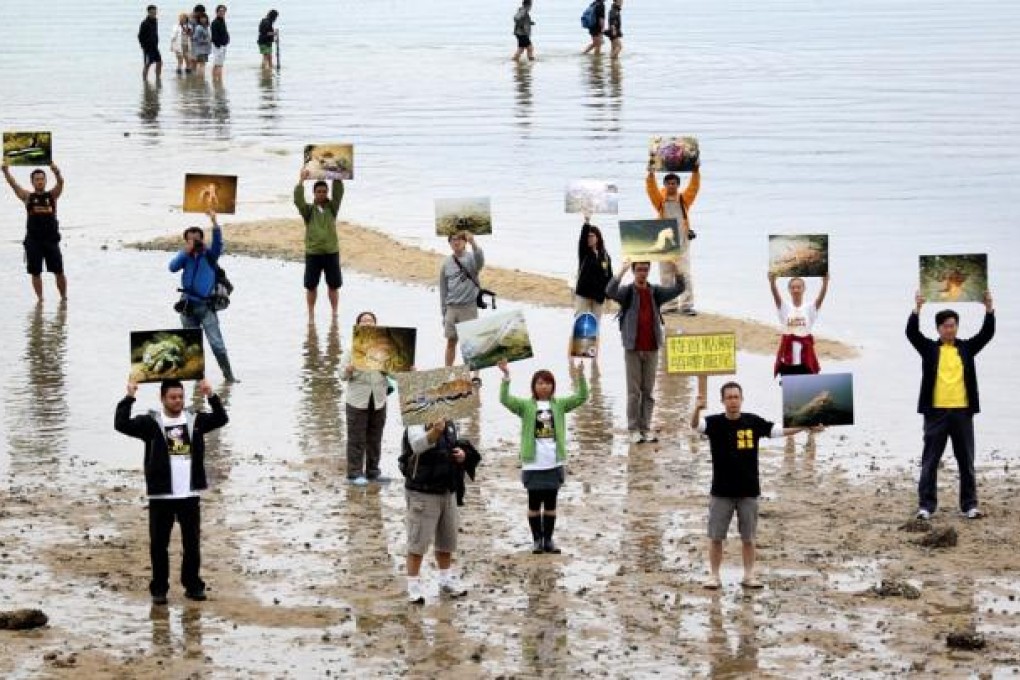A real strategy to save Hong Kong's endangered natural assets
Andy Cornish and Michael Lau say we can rally round a biodiversity plan

The proposed beach at Lung Mei, incinerator at Shek Kwu Chau, expansion of the Tseung Kwan O landfill into Clear Water Bay Country Park and a potential third runway at the airport have all provoked strong reactions from environmental groups and sectors of the public concerned about their impact on wildlife and the environment.
This is despite some of these projects having undergone environmental impact assessments, which have been accepted by the Environmental Protection Department.
Advocates for new infrastructure, housing and the like mutter that the green groups are anti-development whiners. This glosses over the real reason opinions are divided: there is no common understanding on what our cityscape should look like, or what biodiversity should be conserved in an increasingly crowded Hong Kong.
The proposal by the Civil Engineering and Development Department to reclaim more land illustrates the problem. It should be possible to find sea areas with low ecological value that could be sacrificed for the greater good. But Hong Kong has never discussed, let alone agreed on, the goals for marine conservation or a strategy to achieve that. With only 2 per cent of our waters protected under current arrangements, green groups have little option but to oppose any large-scale projects that will degrade the marine life we do have left.
As highlighted by the chief executive in his policy address, the Environment Bureau has kicked off a process that should address the issue. Under the Convention on Biological Diversity, which was extended to Hong Kong in 2011, the city has to develop biodiversity strategies and action plans in line with internationally agreed goals and targets, and begin implementing them by 2015. Clear guidelines lay out an open and participatory process.
The convention is a key planning tool for sustainable development. Hong Kong, with its dense population and dwindling land supply, needs such planning aids more than most. Through this process, society will learn to offer more informed ideas in decision-making on future development.